 Credit: Fr. Luka Dor/Catholic Diocese of Rumbek
Credit: Fr. Luka Dor/Catholic Diocese of Rumbek
“The fact that we feel that God needs us to shed the blood of a cow for Him shows the kind of god we believe in, a god that demands sacrifices from us, and so, a god that we fear,” the Italian-born Catholic Bishop, who started his Priestly ministry in South Sudan in the Catholic Diocese of Malakal in 2005 said.
He continued, “If we believe in a god like that, we still ask for lives from others and try to preserve our own lives by looking for help from God against others, rather than giving our lives for others.”
According to Bishop Carlassare, true sacrifice is giving up oneself to the service of others.
 Credit: Fr. Luka Dor/Catholic Diocese of Rumbek
Credit: Fr. Luka Dor/Catholic Diocese of Rumbek
(Story continues below)
“The Gospel reveals to us the true image of God. When we look at Jesus, we see God. a God that would include everyone, unite everyone rather than divide. Not a god asking for sacrifices but the God who offers Himself as the sacrifice, the lamb of God,” he said, and emphasized, “There is no need to offer cows to God when Jesus already offered Himself as a sacrifice.”
“It is when we give ourselves like Jesus gave himself that we can reconcile the world with God. It is not God who needs to reconcile with us. It is us to be reconciled with Him,” Bishop Carlassare said during the Eucharistic celebration that marked the seven-day peace pilgrimage that was organized under the theme, “Be Seeds of Hope”.
 Credit: Fr. Luka Dor/Catholic Diocese of Rumbek
Credit: Fr. Luka Dor/Catholic Diocese of Rumbek
In a note that Bishop Carlassare shared with ACI Africa on Monday, January 15, he said that young people who participated in the pilgrimage had a close encounter with Jesus.
“The Lord accompanied us along the pilgrimage, and we met Him in the communities where we were welcomed,” he said, and added, “In the Eucharist Jesus is in our midst; He makes Himself bread for the journey to nourish us and to teach us to share with others what we have, who we are, our faith and hopes.”
Agnes Aineah is a Kenyan journalist with a background in digital and newspaper reporting. She holds a Master of Arts in Digital Journalism from the Aga Khan University, Graduate School of Media and Communications and a Bachelor's Degree in Linguistics, Media and Communications from Kenya's Moi University. Agnes currently serves as a journalist for ACI Africa.
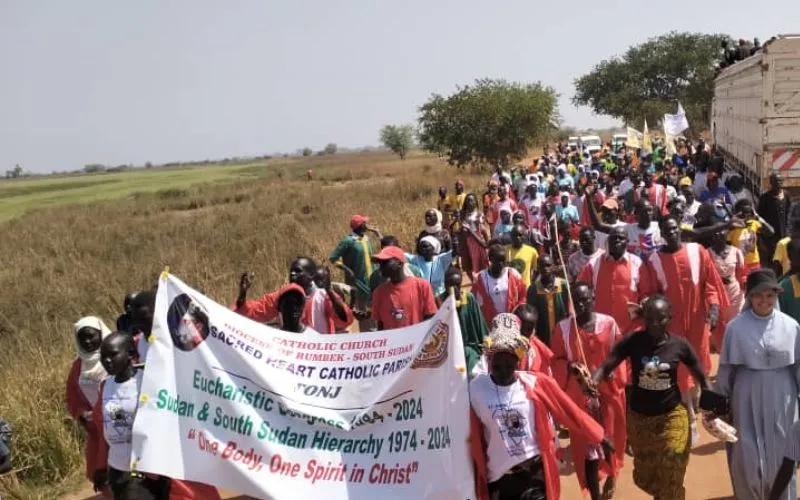 Credit: Fr. Luka Dor/Catholic Diocese of Rumbek
Credit: Fr. Luka Dor/Catholic Diocese of Rumbek


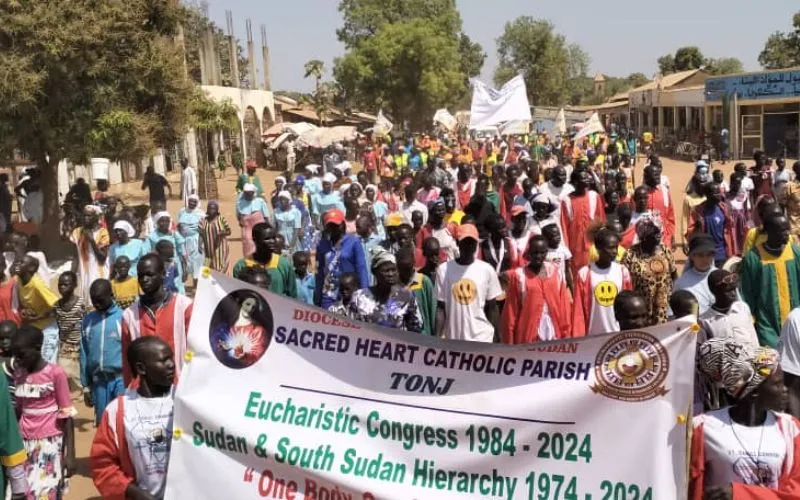
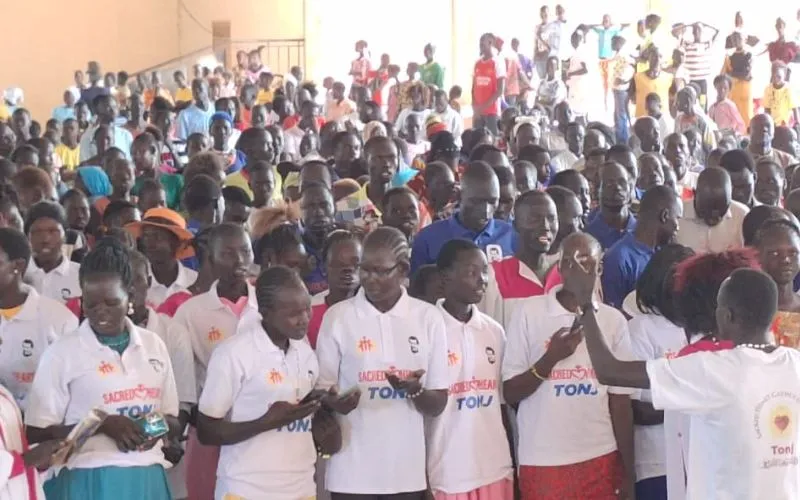 Credit: Fr. Luka Dor/Catholic Diocese of Rumbek
Credit: Fr. Luka Dor/Catholic Diocese of Rumbek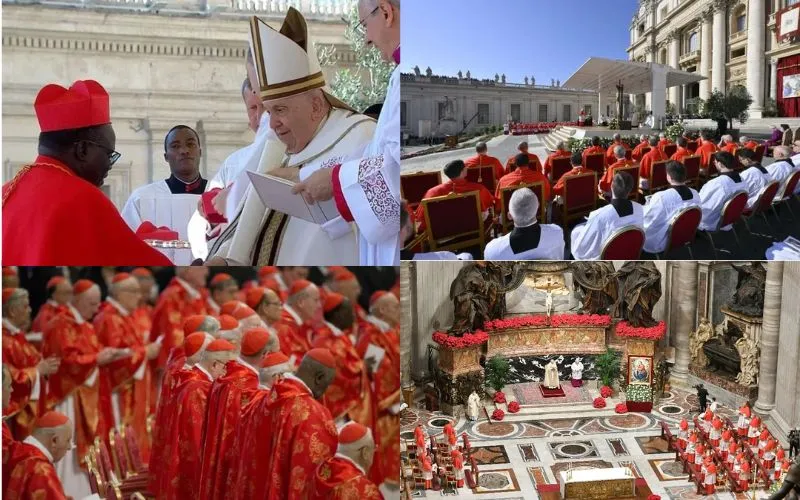
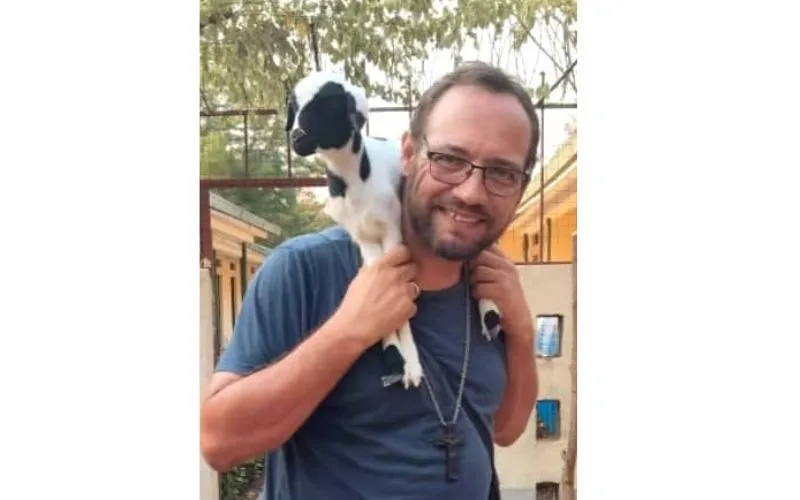 Credit: Sr. Rita Romany, Comboni Missionary Sisters/Rumbek Diocese
Credit: Sr. Rita Romany, Comboni Missionary Sisters/Rumbek Diocese Credit: Fr. Luka Dor/Catholic Diocese of Rumbek
Credit: Fr. Luka Dor/Catholic Diocese of Rumbek Credit: Fr. Luka Dor/Catholic Diocese of Rumbek
Credit: Fr. Luka Dor/Catholic Diocese of Rumbek Credit: Fr. Luka Dor/Catholic Diocese of Rumbek
Credit: Fr. Luka Dor/Catholic Diocese of Rumbek


